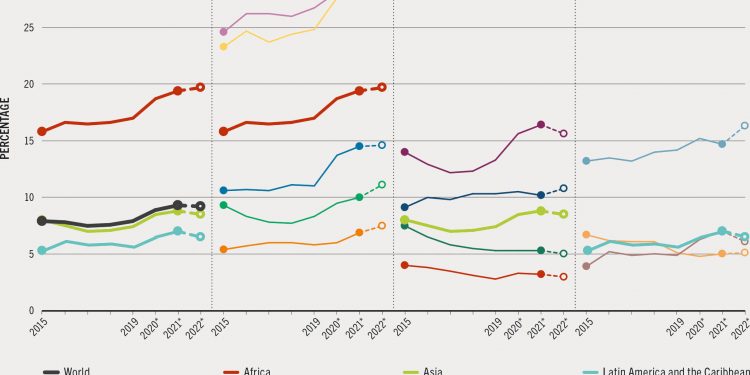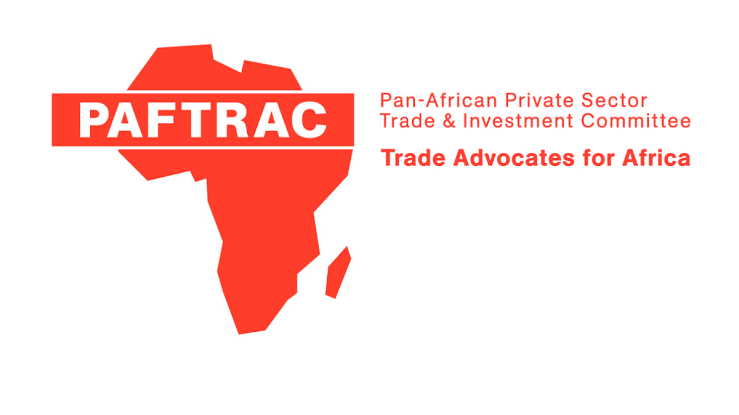A forthcoming surge in the prices of essential foods such as rice, maize, millet, and cereals is anticipated to impact Nigeria and other West African nations in the coming year, as highlighted in a December report by the Food and Agriculture Organization (FAO).
The report attributes this expected increase to a combination of factors, including reduced production, trade limitations, and global geopolitical influences. These developments pose potential challenges to both the accessibility and affordability of food in the region, demanding close attention from policymakers and the public alike.
Driven largely by escalating food prices, month-on-month headline inflation reached 2.09 per cent last month, marking a 0.35 percentage point rise from October’s 1.73 per cent.
Furthermore, the report underscores that staple food prices currently surpass the five-year average across the region. This elevation stems from several factors, including production shortfalls, trade constraints, insecurity in the Sahel region, elevated global prices, increased transaction expenses, and currency depreciation in the Gulf of Guinea’s coastal countries.
The report also emphasizes that Nigeria’s annual inflation continues to climb, further exacerbated by the recent removal of fuel subsidies. It predicts that prices will likely remain above average due to restricted production, sustained demand, limited humanitarian assistance, ongoing trade disruptions, and prevailing security and socio-economic challenges within the region.










